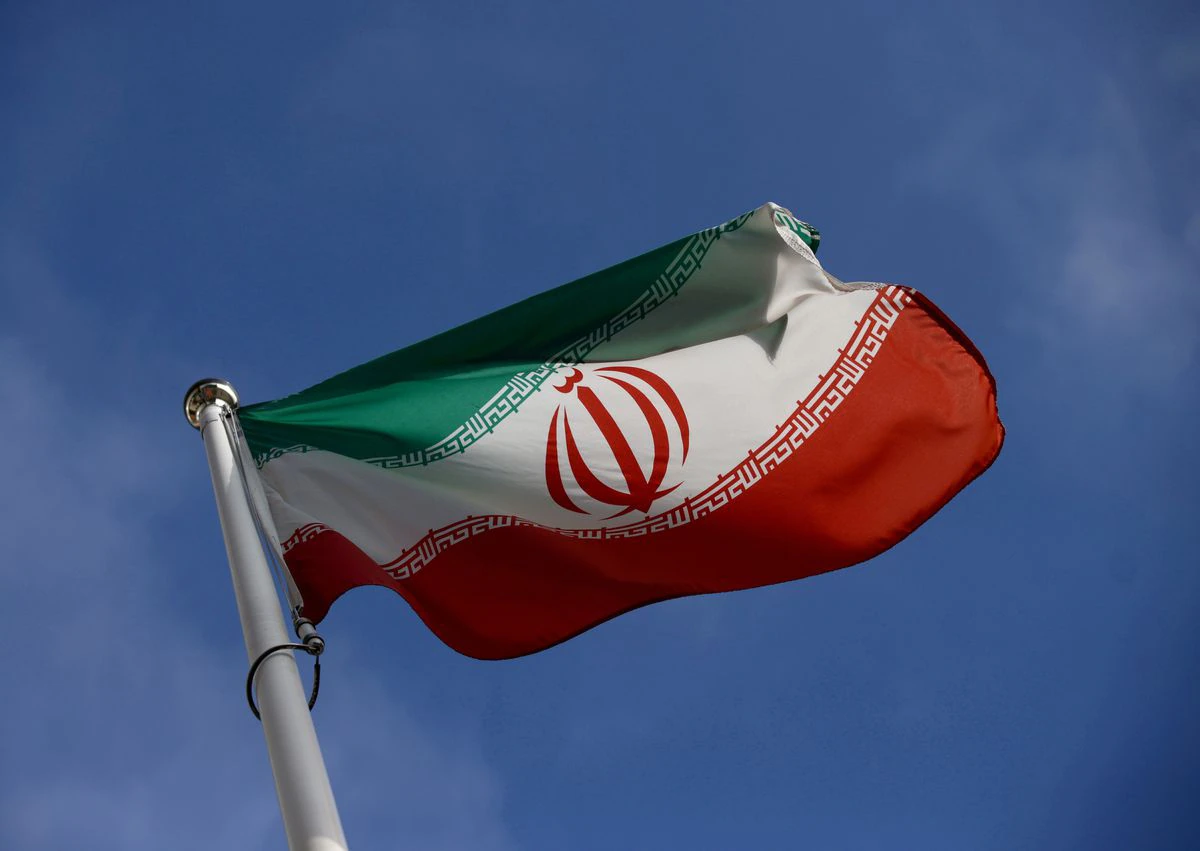ANALYSIS: Is this the end of Saudi-Iranian tensions?
by Faisal J Abbas
I genuinely hope this is an opportunity for the Iranian regime to focus on building its economy and looking after its people, just as our leadership does with us here in the Kingdom
The Saudi-Iranian agreement achieved with Chinese mediation is a significant development in regional geopolitics, containing an unprecedented commitment from the Iranian side of respect for sovereignty, non-interference in internal affairs and restoring security cooperation.
If Tehran keeps its end of the bargain this could be a true game-changer, heralding an era of regional peace and prosperity not seen in decades.
Of course, these are early days; there needs to be a trust-building period, and actions on the ground to cement the agreement. Some may be skeptical of Saudi intentions, or indeed call this a U-turn; they are clearly not up to date with the Kingdom’s declared policy.
Friday’s agreement is in line with what Crown Prince Mohammed bin Salman told The Atlantic magazine a year ago — that we see Iran as a neighbor. It was in both parties’ interests to resolve matters, the crown prince said, but the Kingdom’s security concerns must be addressed first.
I genuinely hope this is an opportunity for the Iranian regime to focus on building its economy and looking after its people, just as our leadership does with us here in the Kingdom. If both countries are thriving and we achieve peace and prosperity, that would be good not just for Saudi Arabia but for the whole region, and indeed the world.
Saudi officials will continue to be on high alert, absolutely clear-eyed that what is agreed with Iranian foreign policy officials may not be in alignment with the Revolutionary Guards. In the Kingdom we know that throughout this conflict we have been always reasonable and offered an olive branch. Previous attempts have failed; let us hope for everyone’s sake that this one succeeds.
Inevitably, armchair experts in the US and Europe will miss the bigger picture, focus on China’s role, and question why the US was excluded. I don’t believe that exclusion was indicative of a lack of trust; America remains the most important and steadfast of Saudi strategic allies. Rather it is in the nature of these negotiations that to succeed they must be shrouded in secrecy and conducted through mediators accepted by both parties as fair, without bias or conflict of interest.
China fits that bill perfectly; it has good relations with both countries, and unlike the US and most of Europe has no history of regional aggression or colonialism. Indeed, as Saudi Arabia’s leading oil customer (1.75 million barrels a day), China has an interest in ensuring the safe flow of energy by seeing this agreement through.
While Saudi-Iranian tensions are far from over, this agreement could be the beginning of the end of a decades-long and bloody chapter.
Faisal J Abbas is the Editor of Arab News.
Article first published on Arab News.


